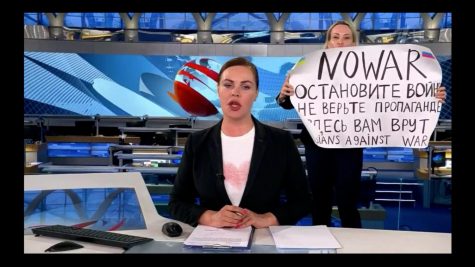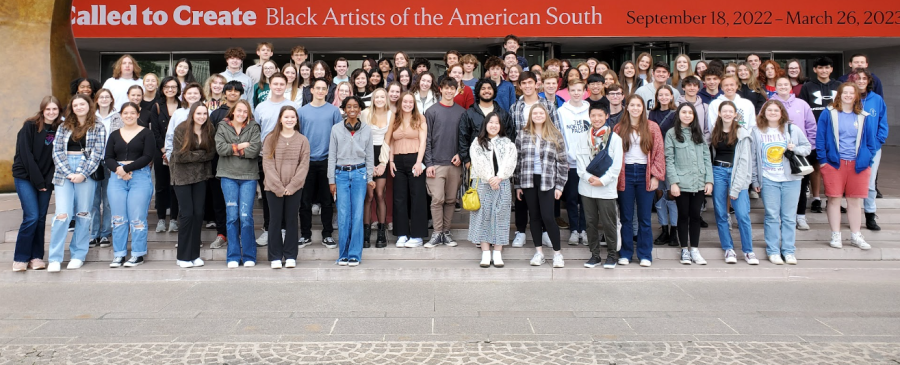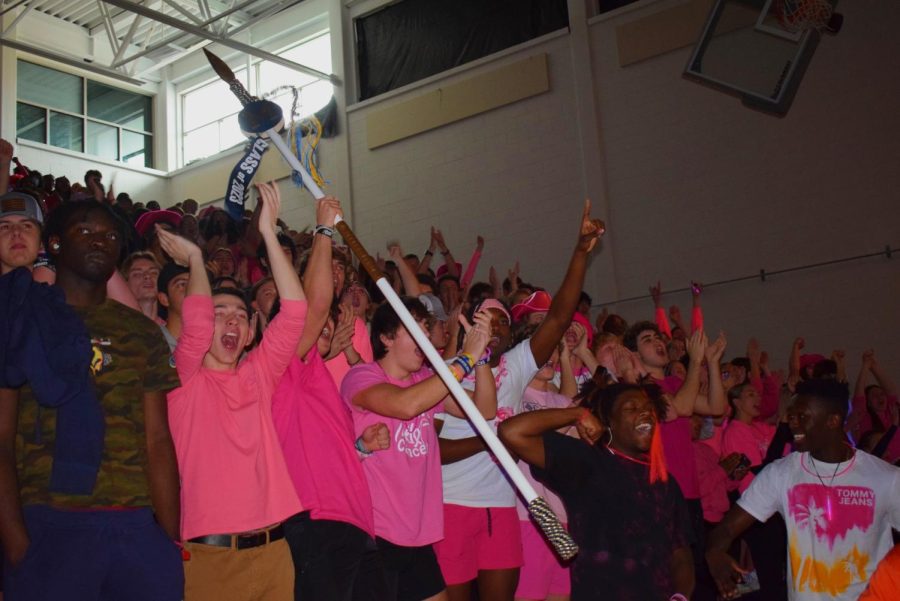The Kremlin has established a complex environment of propaganda to keep citizens blind to the true actions of the Russian government. However, as war rages in Ukraine, journalists are more equipped than ever to fight the disinformation coming from the Russian government.
Russian Legacy of Dezinformatsiya and How it Serves Them in Ukraine
In 1923, a “special disinformation office” was established within the Soviet Union’s State Police Directorate. The term Dezinformatsiya (a transliteration of the Russian word Дезинформация, which literally means “disinformation”) received institutional status a few decades later in 1959, when the Soviet KGB started a special unit known as the “Department For Active Measures” (Also known as “Department D”) in its First Chief Directorate, which specialized in black propaganda and disinformation.
According to the US Department of State, there are five major and persistent disinformation narratives from the Russian government.
1. Russia is a victim – their actions are forced retaliation against the aggression of other countries
Russian officials falsely frame the aggressive actions of Russia as a response to the actions of the United States and its democratic allies and partners, making Russia appear as a victim. These officials have even created a new word to further this agenda: “Russophobia.” In 2014, during a Russian invasion of Ukraine, state-controlled news outlets accused anyone against Russia’s actions of being Russophobes, and the term has been used often by these news sources and government officials since.
2. Russia is not the bad guy in history – anyone who disagrees with that is a Nazi
As observed in many countries, the Russian government has taken actions to downplay its negative roles in world history, sometimes going as far as denying historical events. Russian government officials and state-run news outlets are notorious for labeling those against these actions as Nazis or Nazi sympathizers. A notable example of Russia’s altered history education is President Putin’s edited version of the beginning of WWII that downplays the Soviet role in the war, which was published in 2020.
3. Western civilization is going to collapse because they’re turning away from traditional values
Russia has been utilizing the trope of the “decaying west” since the 19th century, claiming that the collapse is due to western governments working towards ensuring the safety and equality of women, LGBT+ people and those of different ethnic groups. Many Russian officials exaggerate the progressive teaching in the West to further establish this trope – Putin has claimed the West has cancelled the concepts of “mother” and “father” and replaced them with the terms “parent 1” and “parent 2,” and Foreign Minister Lavrov wrote that students in Western countries “learn at school that Jesus Christ was bisexual.”
4. Any organizations and movements that don’t align with the Kremlin’s beliefs are secretly run by the United States
The Russian government has accused the United States of instigating uprisings in Georgia, Kazakhstan, the Kyrgyz Republic, Moldova, Ukraine and various areas in the Middle East and Africa, denying that the people of these neighboring countries would be advocating for themselves. Most of these movements are organized by local and international civil society organizations and independent media focusing on exposing human rights abuse and corruption.
5. Russia’s often contradictory claims glorifying the Country are always right
Russia’s state-run news outlets and social media accounts have been known to flood the information environment with many false and contradictory claims to confuse the public at times when foreign reporting frames Russia in a negative light. One of the most startling examples happened shortly after the Russian government tried to assassinate Sergei Skripal, a former Russian military intelligence officer, and his daughter in 2018. After many foreign news outlets reported on the attempted assassination, Russian news outlets spread more than 138 contradictory narratives in around 735 articles to confuse the Russian public.
During Russia’s invasion of Ukraine, dezinformatsiya has proved to be an essential facet of so-called “information warfare.” This form of warfare gives Russia the power to perform active measures to destabilize Ukraine without having to take public ownership of those actions. Two of the main points of Russian disinformation surrounding the invasion of Ukraine are the claims that Russia is “de-nazifying” Ukraine and that all unjust attacks are either staged by Ukrainian media or were carried out by those not affiliated with the Russian military. For example, after a maternity hospital in Ukraine was bombed by Russia, many Russian news outlets reported the hospital was overtaken by neo-nazis or far-right Azov battalion forces.
Reporters Injured and Killed by Russian Troops
The Russian government is already noted for its terrible treatment of reporters and journalists. Russia as a country is ranked 10th in the Global Impunity Index for the deaths of many journalists. Since February, a confirmed four journalists (one Ukrainian and three foreign) have been attacked by Russian troops for their reporting.
For example, it was reported that the vehicle of Guillaume Briquet, a Swiss journalist, was shot four times, even though his vehicle was clearly labeled “Press.” When he left the vehicle with his hands up, a group of men who identified themselves as Russian soldiers robbed him, threatened him, and stole his money and personal belongings.
Perhaps the most televised instance of violence against journalists during the Russian invasion of Ukraine is the deaths of Pierre Zakrewski, a 55-year-old cameraman, and Oleandra Kuvshynova, a 24-year-old Ukrainian journalist working for Fox News. While traveling in Kyiv, their vehicle was shot at and they were tragically killed. Clarissa Ward, the chief international correspondent for CNN, the cable rival of Fox News, worked with Fox in an unusual collaboration to locate their remains.
Russian Journalists Rebelling
The most prominent act of rebellion from a Russian journalist happened during a live broadcast on a state-run Russian news network. A journalist stormed the stage and held up a sign that said “NO WAR. Stop the war. Don’t believe propaganda. They’re lying to you. Russians Against War,” in a mix of English and Russian. Almost immediately, the studio changed the live feed to footage of a busy hallway.

Marina Ovsyannikova, the brave woman who performed the stunt, was later reported to be arrested and fined 30,000 rubles. Despite scorn from the Russian government, Ukrainian President Volodymyr Zelensky publicly thanked Ovsyannikova.
Later, in a prerecorded video, Ovsyannikova explained she was “very ashamed” to have been “working on Kremlin propaganda,” and that shame is what caused her to speak out.
One of the most effective ways to fight dezinformatsiya from any government is brave, truthful journalism. Journalists reporting on the actions of the Russian government and military, even at the risk of being injured, detained or killed, are more than an inspiration – they’re a powerful force against the Russian government.









